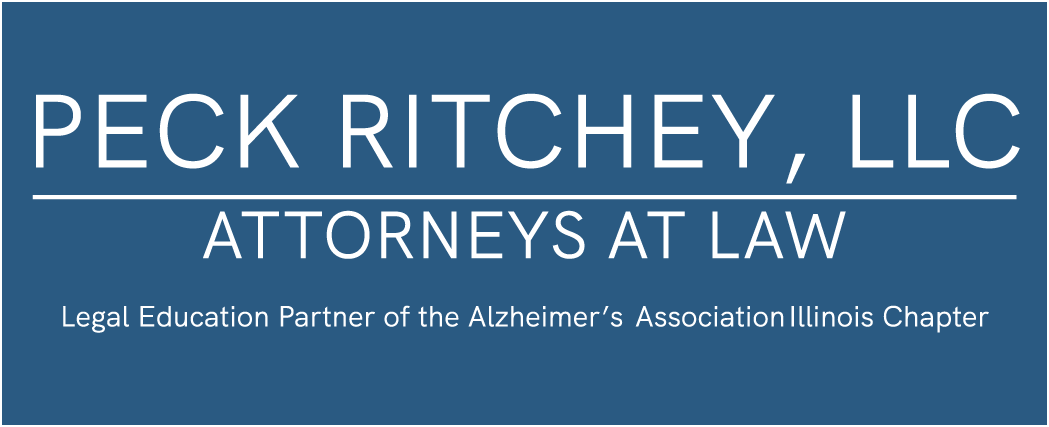 As our loved ones age, we often must make challenging decisions to ensure their well-being. A dementia diagnosis can complicate these decisions even further. One legal tool available to help families manage these challenges is a conservatorship. Understanding the role of conservatorship in managing the affairs of someone with dementia can help you make informed decisions about what will be best for your loved one’s future.
As our loved ones age, we often must make challenging decisions to ensure their well-being. A dementia diagnosis can complicate these decisions even further. One legal tool available to help families manage these challenges is a conservatorship. Understanding the role of conservatorship in managing the affairs of someone with dementia can help you make informed decisions about what will be best for your loved one’s future.
What Is a Conservatorship?
A conservatorship is a legal arrangement where a court-appointed individual, known as a conservator, manages the financial and personal affairs of an adult whose incapacity or disability prevents them from doing so independently. A family member or close friend typically serves as the conservator, although a professional fiduciary or public guardian may assume the role. Establishing a conservatorship requires a court proceeding and ongoing court supervision, ensuring the conservator acts in the best interests of the protected person (the conservatee).
What Rights and Responsibilities Does a Conservator Have?
A conservator’s primary responsibility is to manage the conservatee’s financial affairs and make personal decisions on their behalf. These responsibilities may include:
- Managing assets and income – A conservator oversees bank accounts, investments, and real estate, ensuring they serve the conservatee’s best interests.
- Paying bills – The conservator is responsible for making arrangements to meet the conservatee’s financial obligations, such as mortgages, taxes, and insurance premiums.
- Making healthcare decisions – A conservator may make medical decisions for the conservatee. Such decisions may include choosing healthcare providers, authorizing treatments, and managing medications.
- Providing for the conservatee’s needs – The conservator must provide the conservatee’s living arrangements, food, clothing, and other daily necessities.
- Filing reports and accounting – The conservator must submit regular reports to the court detailing the conservatee’s assets, income, expenses, and any significant decisions made on their behalf.
A knowledgeable Chicago elder law attorney can help you establish a conservatorship and understand your obligations once it is in place.
How Can a Conservatorship Help Someone with Dementia?
A conservatorship can be particularly beneficial for individuals with dementia because it ensures that a responsible party manages their financial and personal affairs. This arrangement can protect them from financial exploitation and ensure they receive appropriate care. As dementia progresses, an affected individual may struggle with paying bills, managing investments, and making informed medical decisions. A conservator can handle these tasks, providing peace of mind for the conservatee and their family.
What Is the Difference Between Conservatorship and Guardianship?
While both conservatorship and guardianship involve appointing a responsible party to manage the affairs of an incapacitated individual, they can sometimes differ in scope and purpose. A conservatorship may focus primarily on financial management and personal decision-making, whereas a guardianship grants broader authority over the ward’s life, including making decisions about housing, education, and medical care.
In some states, “conservatorship” and “guardianship” refer to distinct legal arrangements. However, in Illinois, the concepts and responsibilities associated with conservatorships are encompassed within the guardianship framework.
What Is the Difference Between Conservatorship and Power of Attorney?
A power of attorney is a legal document that allows an individual, known as the principal, to appoint an agent to manage their financial and personal affairs in the event of incapacity. Unlike a conservatorship, a power of attorney does not require court involvement. As such, it is generally more flexible and less expensive to establish.
However, a power of attorney may not be sufficient for individuals with dementia who require ongoing supervision and protection. Additionally, while the principal can revoke or modify a power of attorney at any time, a conservatorship remains in place until the court determines it is no longer necessary.
One key advantage of a conservatorship over a power of attorney is the court oversight, which helps protect the conservatee from financial abuse and ensures that the conservator acts in their best interest. In contrast, a power of attorney may be more susceptible to misuse, as no formal court supervision exists.
Contact Our Conservatorship Attorneys Today
Seeing your loved one’s dementia progress can be overwhelming. At this challenging time, you need a plan to safeguard their well-being and give your family peace of mind. The compassionate Chicago elder law attorneys at Peck Ritchey, LLC, can provide valuable guidance on establishing a conservatorship, guardianship, or power of attorney to meet your loved one’s needs while protecting their best interests.
To discuss your situation and learn more about your options, contact us online today or call (312) 201-0900 for a free and confidential consultation with our conservatorship and guardianship lawyers. We are here to help.
Related Posts:














